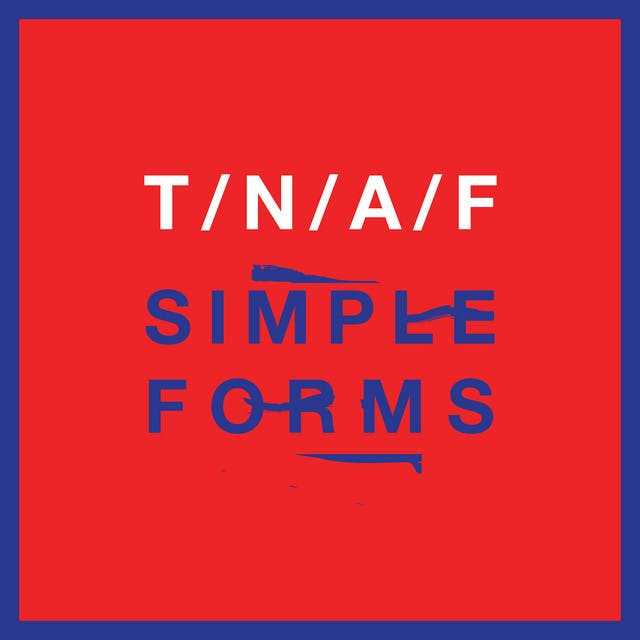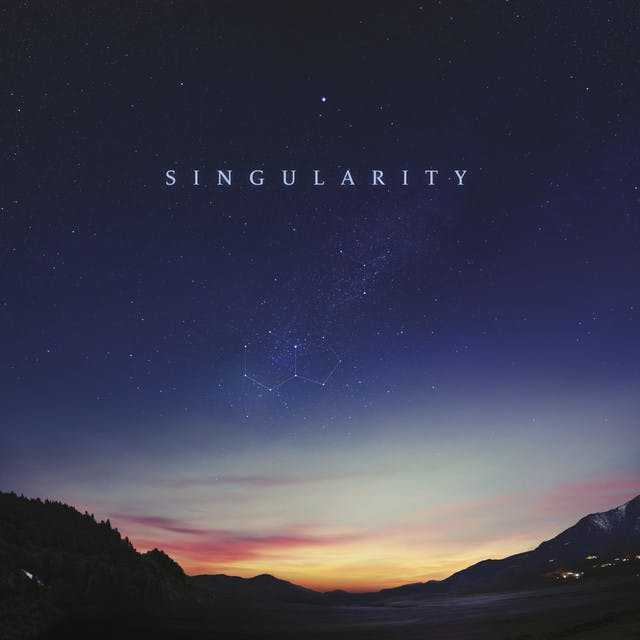
Twenty One Pilots bounces between lighthearted, cheerful, and dark, eery sounding verses in Ode to Sleep. The song takes the listener through a day in the life of ups and downs of depression. Right from the get go, a haunting vocal serves as a backdrop for Tyler Joseph's rap which begins the track on the eerier side of things.
In the first verse, Tyler "wake[s] up find and dandy", the day looks positive. It doesn't take long for something to leech the optimism and it's not a few bars later that he's "pleading, "Please, oh please!" on [his] knees repeatedly asking Why it's got to be like this?", a surprisingly common question to pose before God. In times when it feels like things should be normal, Tyler appears confused.
It's in the lead up to the chorus that the first talk of darkness is mentioned. The dark is personified, and Tyler is determined the "the dark's not taking prisoners tonight". It's sung instead of rapped, and with a new, brighter guitar and a much more positive tone. The dark is a constricting force that seems to allude to the night when battles with mental illness can be common, and aligns with evidence that mental illness and sleep disorders can go hand in hand.
The chorus continues this lighter tone and shouts questions "why won't you let me go? Do I threaten all your plans?". The questions and statement of insignificance draws some parallels to similar questions asked by Joseph Smith recorded in his account that speaks of persecution he faced during periods of religious revival in the 1800's, why is it that darkness always finds a way to detest motives that seem good? In recognizing that light threatens darkness, it seems to take a more concerted effort on distracting sources of greater light. Paradoxically suggesting that evidence of difficulty and/or hardship could mean a greater potential for light. As the chorus ends the harsher electronic elements from the first verse are reintroduced, to present another layer of obstacles.
In the second verse there are references made to the Bible. Asking "forgiveness three times, Same amount that I denied", which refers to Peter, who denied association with Christ upon His arrest on three occasions. Tyler becomes afraid to tell who he adores for fear perhaps that the truth is hard to accept. The final line of the verse: "Metaphorically, I'm a whore, and that's denial number four" draws upon the comparison of the Biblical house of Israel that's often compared to a bride wed with Christ. At times, Tyler feels he deserts his ties, denying his love yet again, which threatens to plunge him back into darkness.
The chorus repeats twice to end the song. "I will set my soul on fire" is sung again and again, as though Tyler has begun to recognize that finding light in his life is likely of method of enduring pain and burning off impurities like a refiners fire. His soul still has parts that need to be burned off, and he's humble enough to recognize, even saying "I'm sorry" at the end demonstrating his penitence. The oscillation between periods of darkness and light in life is a reality, but is encouraging to improvement.
Sign up for the Newsletter
Be the first to know about the latest premieres and releases.

